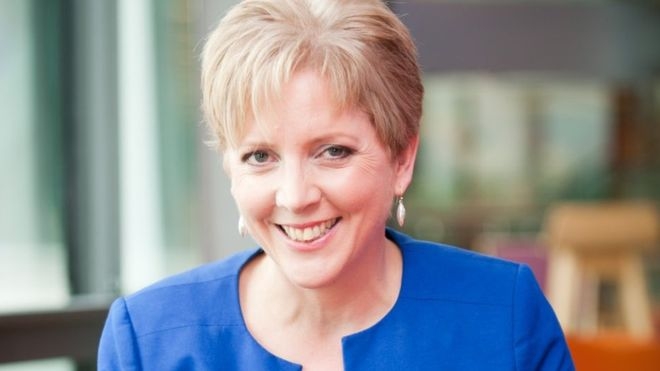A BBC editor has resigned from her post, citing pay inequality with male colleagues, a media report said on Monday. In an open letter, BBC China's editor Carrie Gracie, accused the corporation of a "secretive and illegal pay culture". Gracie, who has been at the BBC for more than 30 years, said it was facing a "crisis of trust", after it was revealed that two-thirds of its stars earning more than 150,000 pounds a year were male. She said she would return to her former post in the TV newsroom "where I expect to be paid equally". In the letter, Gracie, a China specialist who is fluent in Mandarin, said "the BBC belongs to you, the licence fee payer.
"I believe you have a right to know that it is breaking equality law and resisting pressure for a fair and transparent pay structure." Last July, the BBC was forced to reveal the salaries of all employees who earnied more than 150,000 pounds a year. Gracie said she was dismayed to discover that the BBC's two male international editors earned "at least 50 per cent more" than its two female counterparts.
A BBC editor has resigned from her post, citing pay inequality with male colleagues, a media report said on Monday. In an open letter, BBC China's editor Carrie Gracie, accused the corporation of a "secretive and illegal pay culture". Gracie, who has been at the BBC for more than 30 years, said it was facing a "crisis of trust", after it was revealed that two-thirds of its stars earning more than 150,000 pounds a year were male. She said she would return to her former post in the TV newsroom "where I expect to be paid equally". In the letter, Gracie, a China specialist who is fluent in Mandarin, said "the BBC belongs to you, the licence fee payer.
"I believe you have a right to know that it is breaking equality law and resisting pressure for a fair and transparent pay structure." Last July, the BBC was forced to reveal the salaries of all employees who earnied more than 150,000 pounds a year. Gracie said she was dismayed to discover that the BBC's two male international editors earned "at least 50 per cent more" than its two female counterparts.










417.jpeg)
10.jpeg)
40.jpeg)
100.jpeg)
416.jpeg)
5.jpeg)
4.jpeg)
6.jpeg)
5.jpeg)





